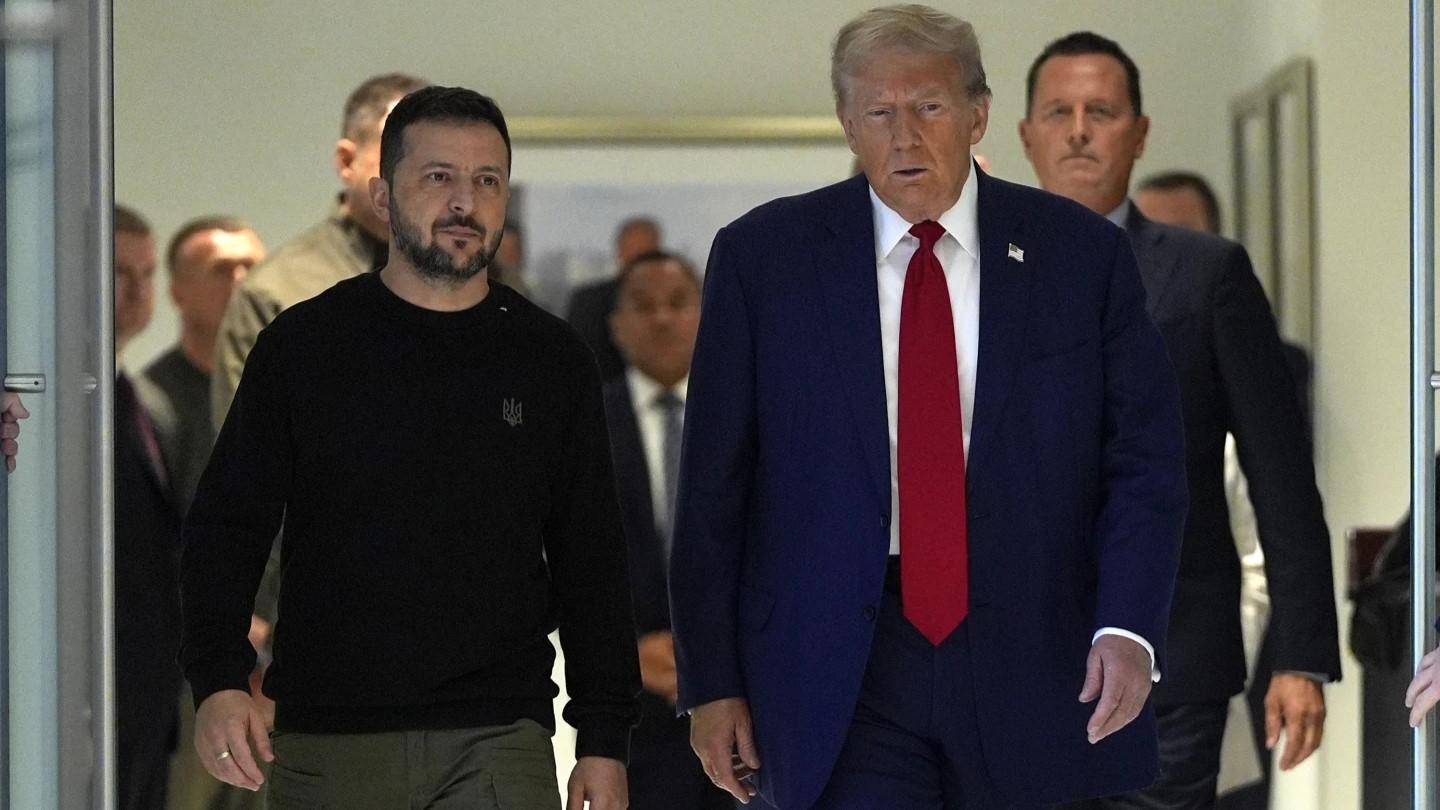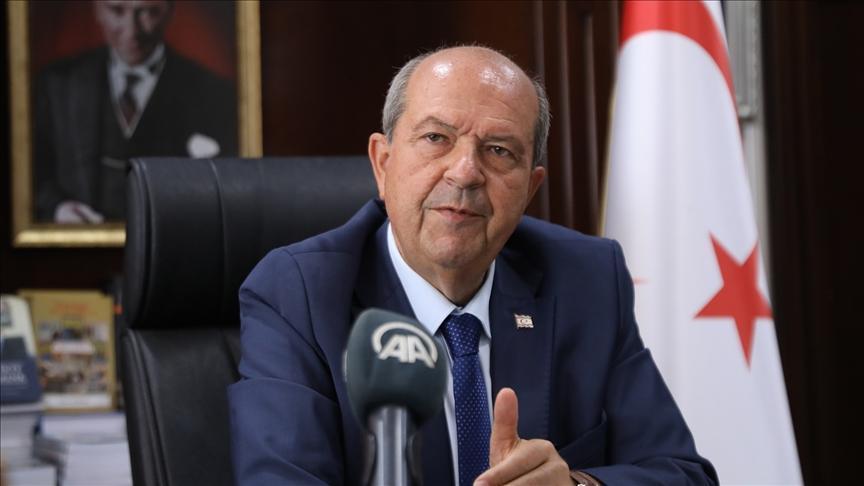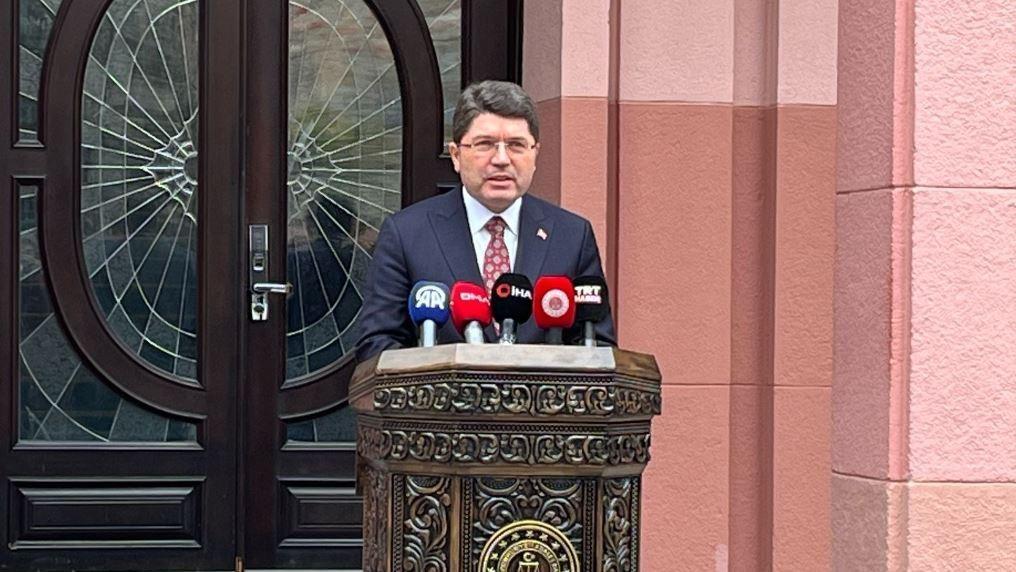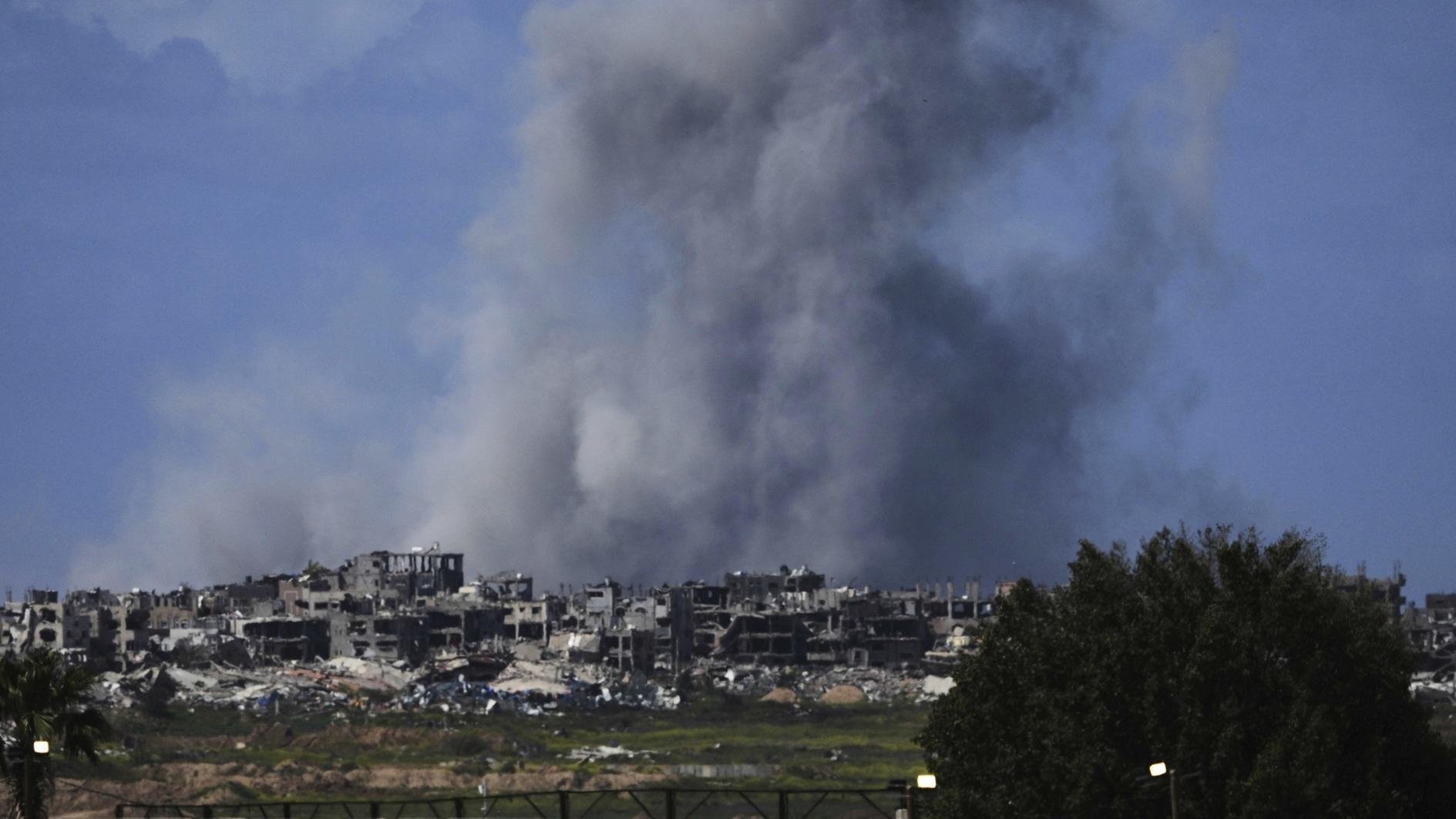Erdogan’s Turkey
Now, it is Erdoğan’s Turkey, like it or not. I have been writing about the authoritarian tilt in Turkey for six years. We are now at the end of the story, after the parliamentary regime’s last prime minister was deposed in a curious way last week by President Recep Tayyip Erdoğan.
The president has been increasingly clear about his political understanding. He believes in his supreme leadership achieving a historical break with the republican past and realizing the dream of a “strong Turkey” leading the Sunni Muslim world. Ever since he became the country’s first elected president two years ago he has proposed his political model as a “Turkish-style presidential system.” He has almost never pretended to be a president that the constitution defines as a non-partisan political arbitrator. He has made it clear from the beginning that he does not believe in party politics and his Justice and Development Party (AKP) is no ordinary party but rather the name of a “mission” or “cause” (dava). The problem was not that the deposed Prime Minister Ahmet Davutoğlu did not share Erdoğan’s political views concerning this historical mission, nor did he oppose the presidential system. The problem was that Davutoğlu failed to realize that his subservience would never be enough, as Erdoğan did not want to waste time playing parliamentary politics any more.
Now the plan is to change the leader of the AKP, and therefore the prime minister, in a snap party congress on May 22. This is part of a transition to a “Turkish-style presidential system” in one way or another. What if the plan doesn’t work? We know that our president does not take “failure” as an option, and it is a “matter of life or death” (metaphorically, of course) for him to achieve his goal. A prospective referendum or an early election will not be an ordinary political process; it will be presented as voting on the destiny of the country, as the “national mission” has long been identified with the persona of Erdoğan. His loyalists see him not only as the embodiment of the “national will,” but also as a historical opportunity to end the humiliation of a great nation at the hands of a Westernized elite. What’s more, Erdoğan is portrayed as a modern-day Saladin - ending an assault by the West on the Muslim world.
Accordingly, Erdoğan’s opponents are defined not as ordinary opposition, but as critics of the nation, its historical mission, and its religion. The Kurds have already been reduced to “terrorists” and their strategy of “armed struggle” plays into the hands of those who refuse to return to peace negotiations. In the view of the supporters of the “New Turkey” and its founding leader Erdoğan, the main opposition Republican People’s Party (CHP) represents the republican epoch and politics of “humiliation, cultural alienation and surrender to the West.” Intellectuals, NGOs, journalists and academics who are critical of “Project New Turkey” are labelled traitors, puppets and collaborators with Turkey’s enemies. In addition, there is an ongoing struggle against the “Parallel State” and the “Fethullah Gülen Terrorist Group.” All enemies are thought to be united against Erdoğan (and therefore Turkey), with the outlawed Kurdistan Workers’ Party (PKK), the Gülenists, and all other dissidents making a deal.
Even the ex-President (also an AKP politician) Abdullah Gül and many other prominent Islamist politicians have been accused of having links to the Gülen group at various points. The soon-to-be-ex-Prime Minister Davutoğlu is labelled as a “man of the Germans” or the Americans by some AKP trolls.
In short, Turkey is heading toward even more difficult times. It is not only a matter of authoritarianism anymore; the country is facing the challenges of a major transformation. If that transformation is achieved, Turkey will not only slide away from democracy, but perhaps also from the market economy toward a kind of corporatism. After all, Erdoğan’s chief economic advisers believe that an independent Turkey can only be achieved through a “nationalist” economy and industry.
All of this will lead to a comprehensive revision of Turkey’s relations with the EU and the Western world. Good luck to everyone who has problems with Erdoğan’s Turkey.











